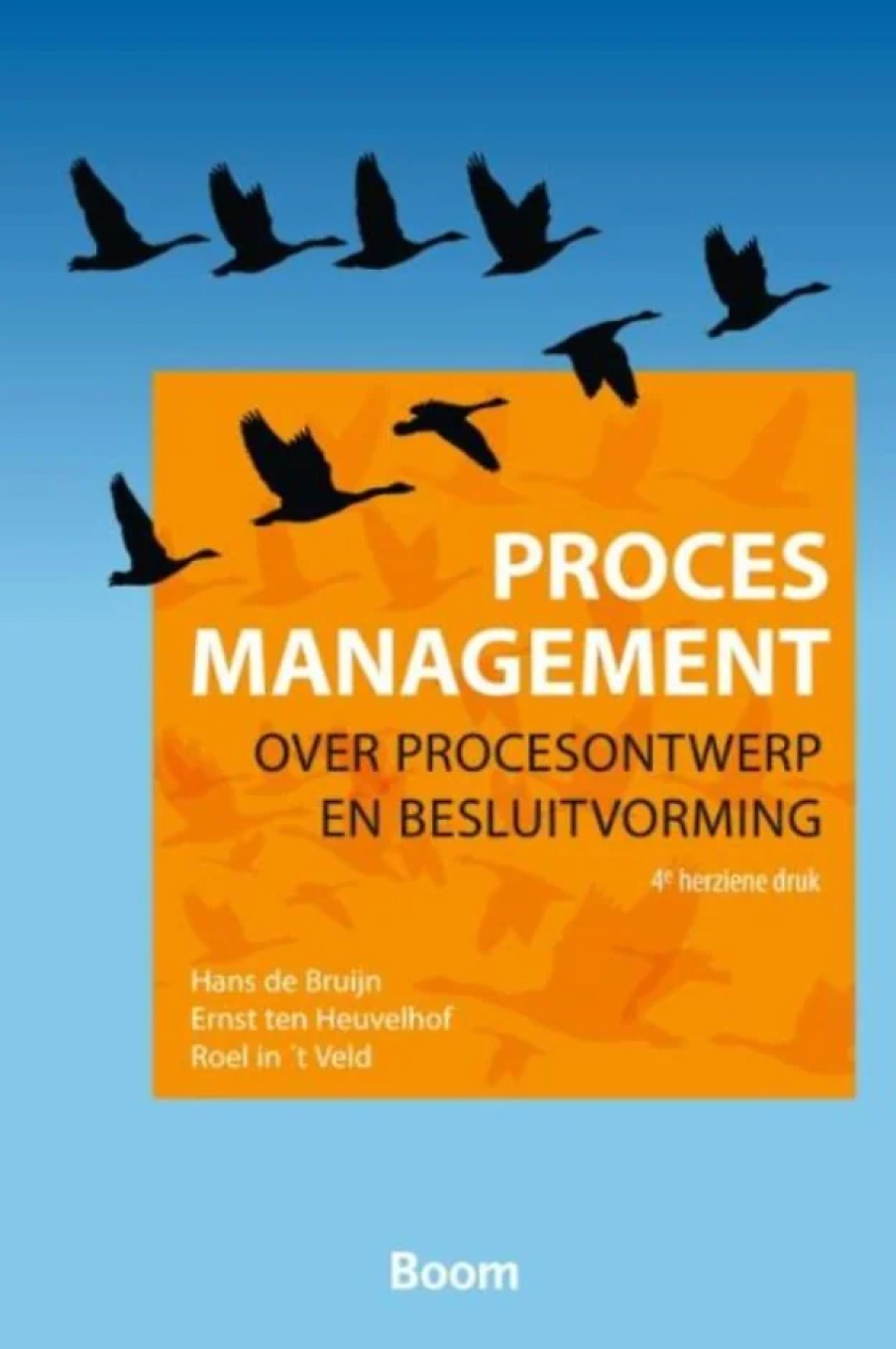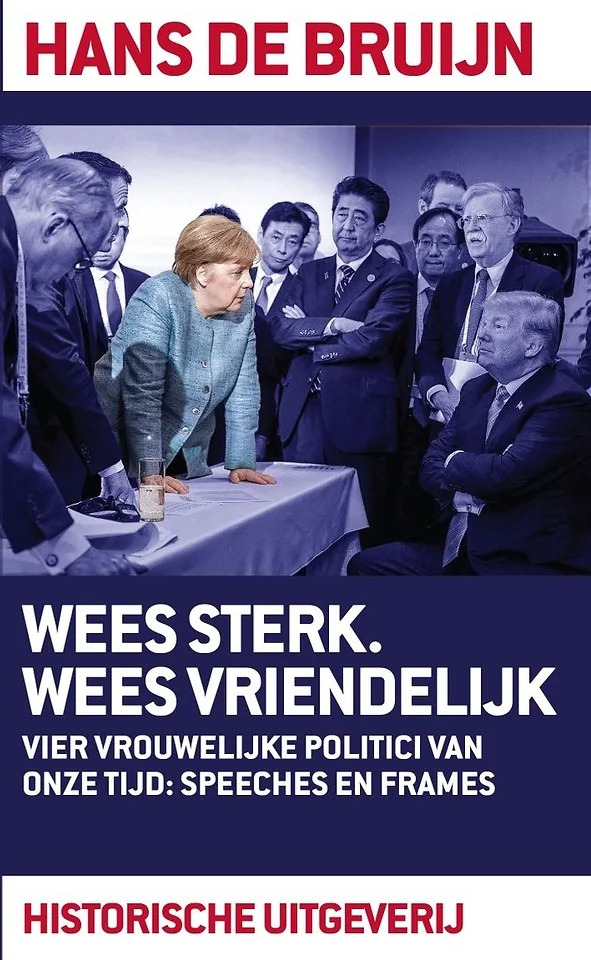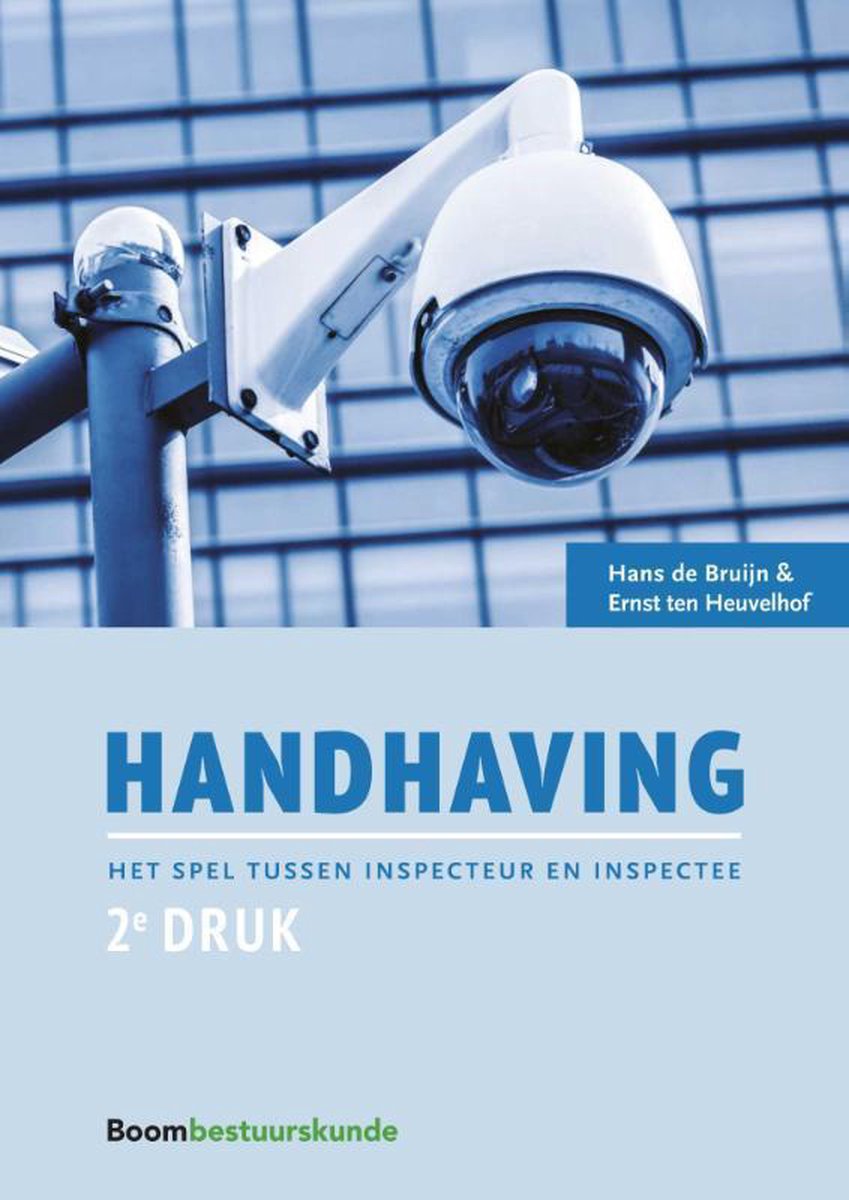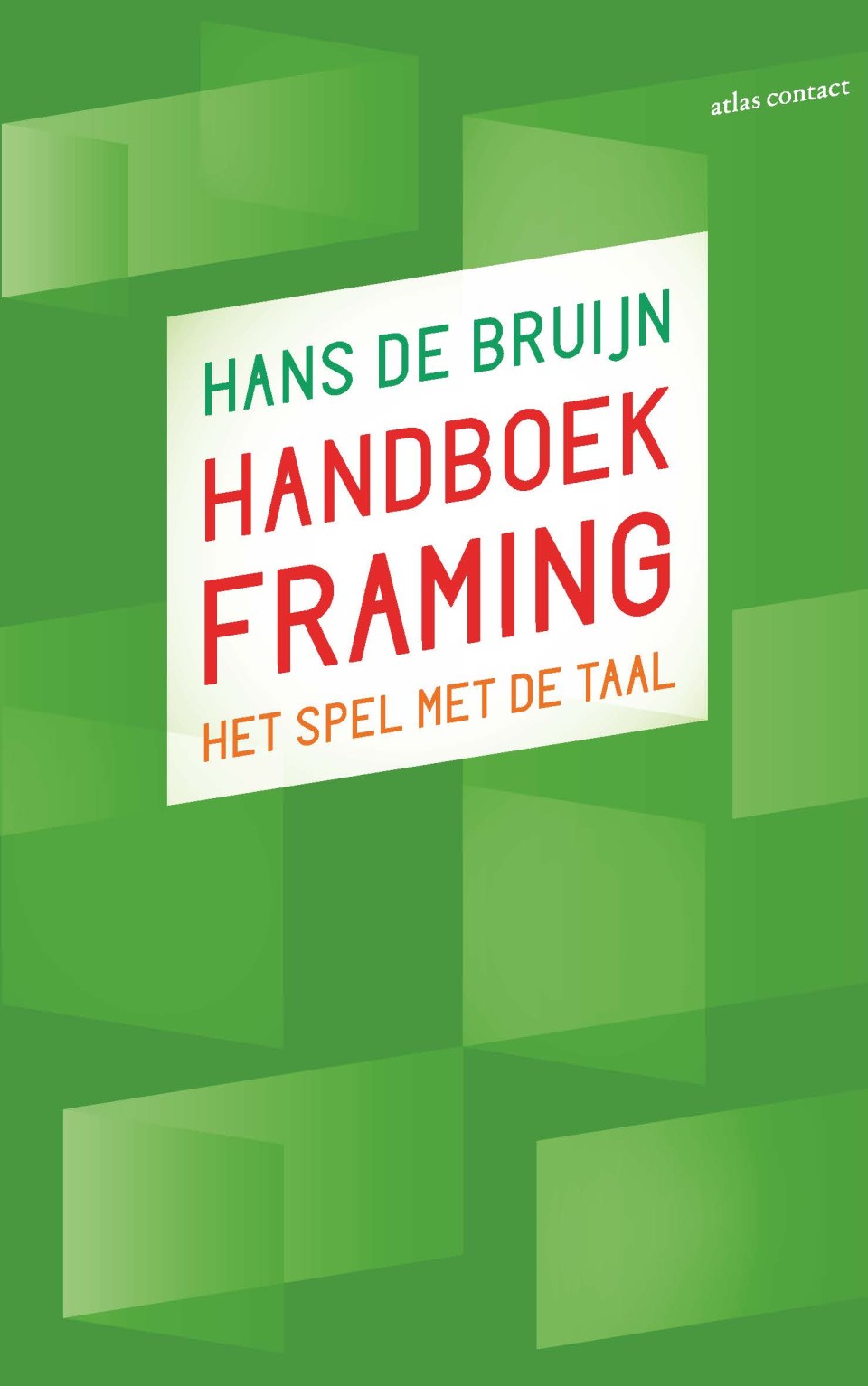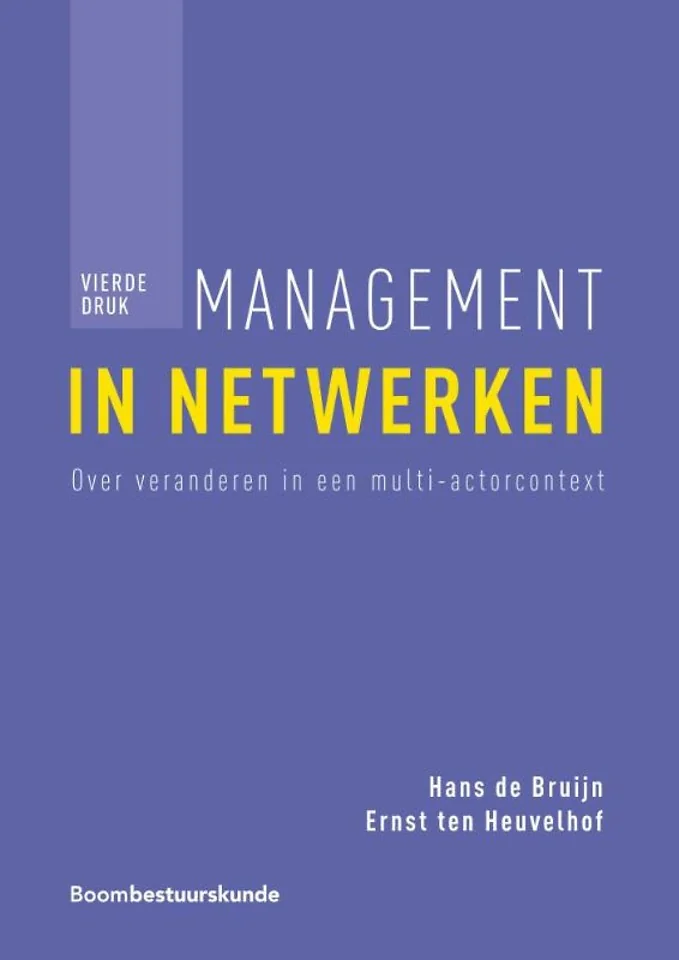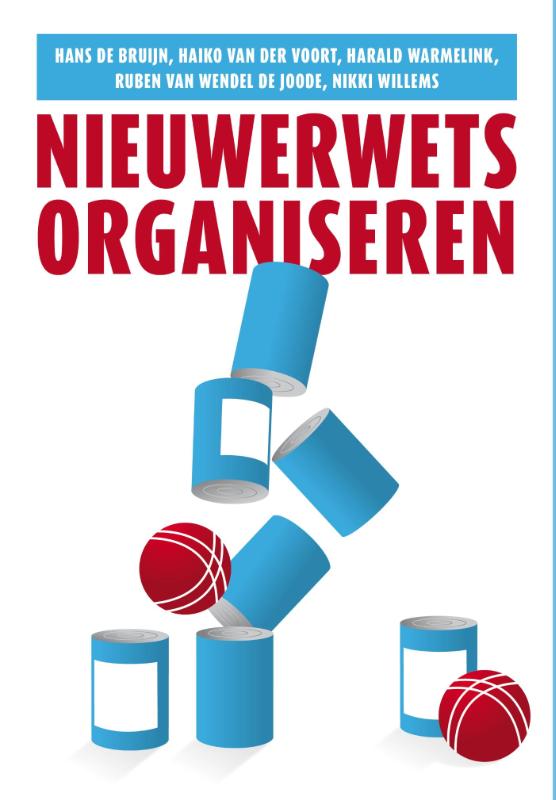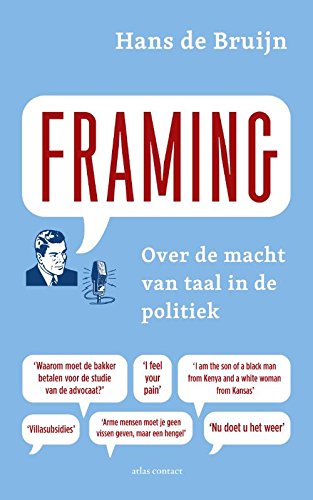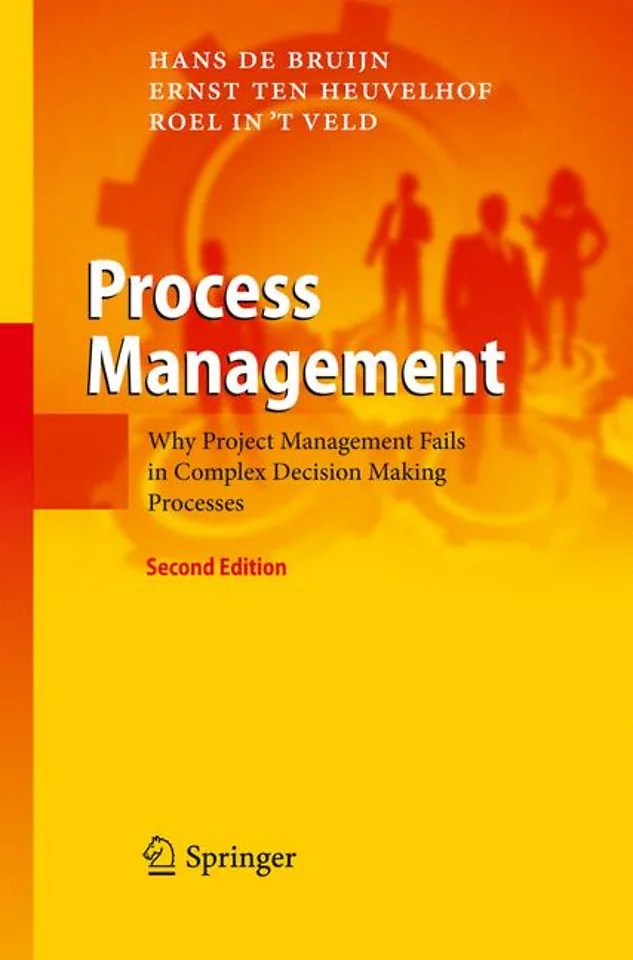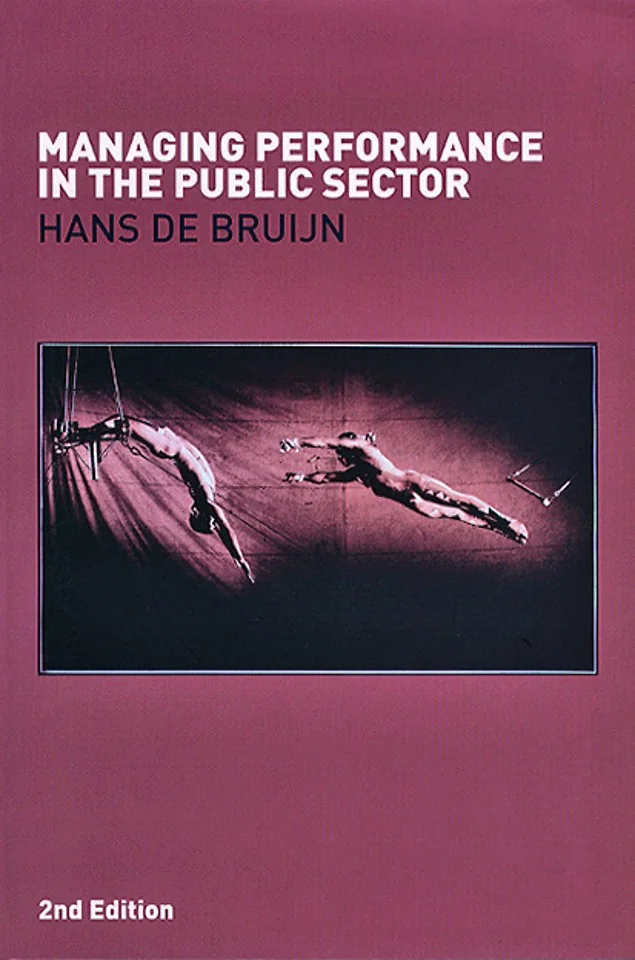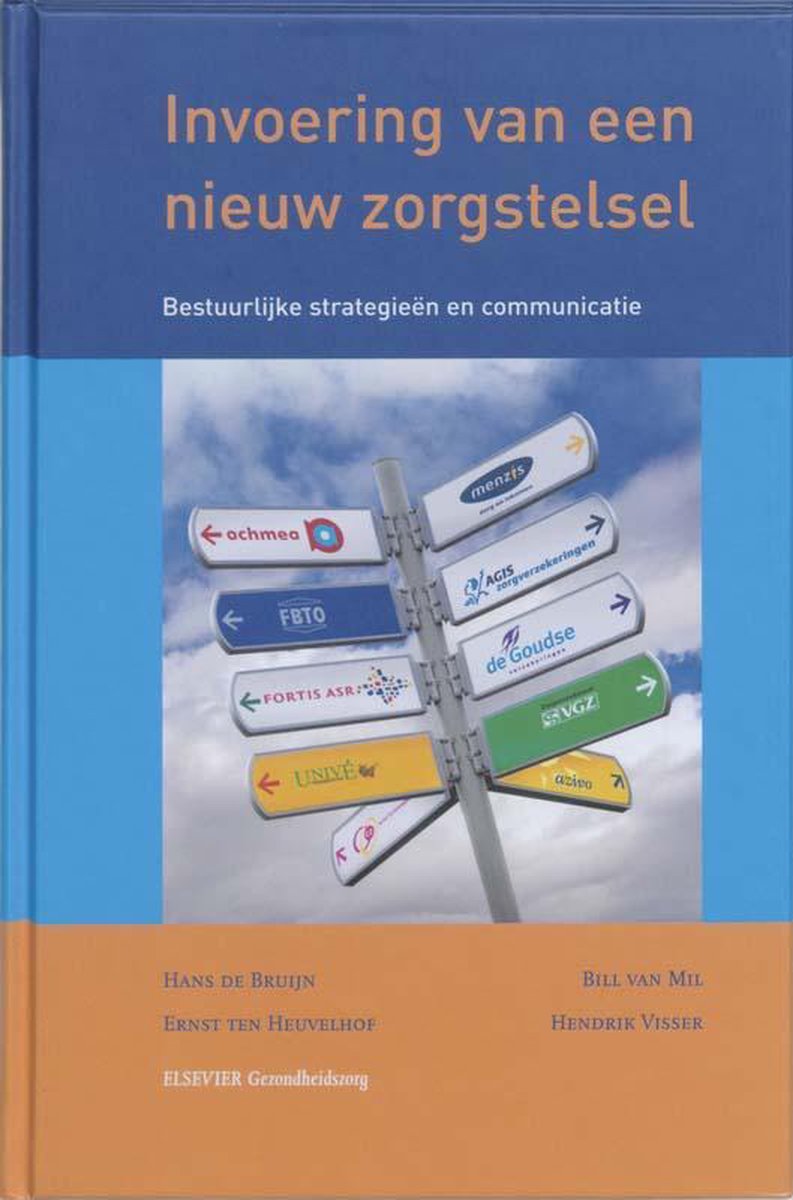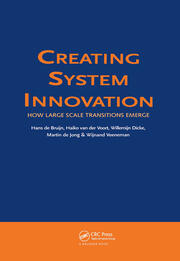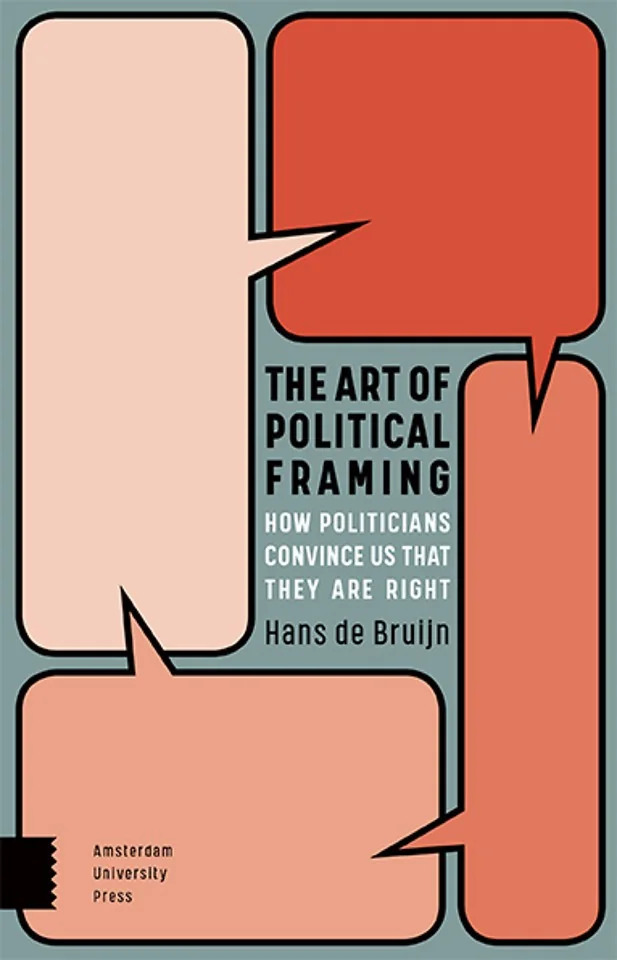
Politicians employ a wide range of strategies to achieve their goals – and language is one of them. What impact does their language have on us, on their opponents, on the public opinion?
If language matters, then the interesting question naturally arises how politicians use language to their advantage? How do they use it to convince us of the truth of their views? These questions take us into the world of political framing, which has attracted a lot of attention in recent times and forms the subject of this book.
Framing is obviously not a new phenomenon, nor is it the preserve of right-wing politicians, as is sometimes suggested. The author discusses both old and new examples of framing, as well as various left and right-wing frames. The examples presented in this book have been carefully selected, in the hope that they will not only help you understand the game of framing and reframing but also show you how much impact you can have by using the right words.
